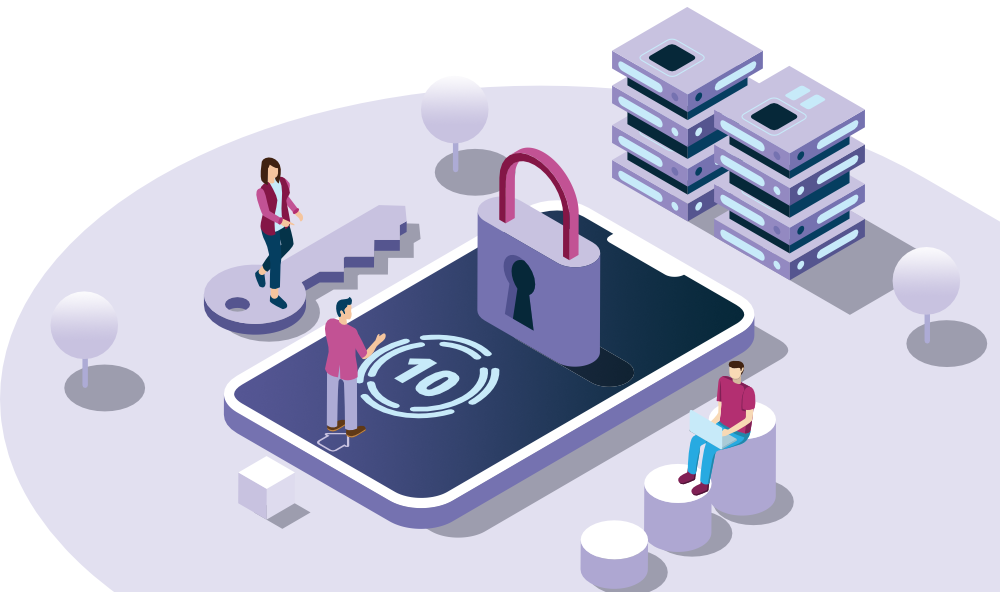Hello!
Social networking websites to online banking services. The Internet is permeating our lives like never before. We connect to the Internet via smartphones, tablets, and other portable devices today, in addition to desktops and laptops.
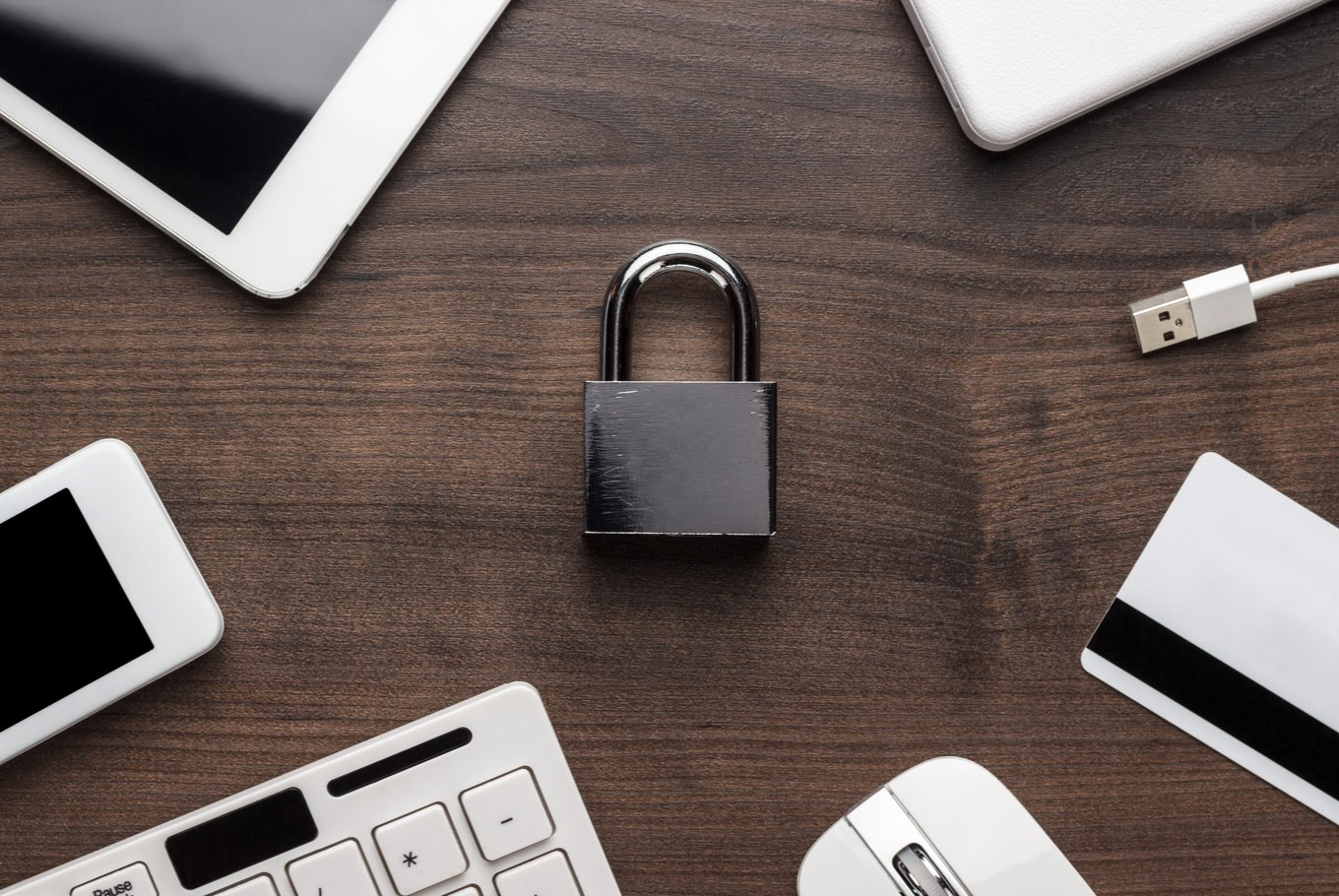 It is becoming increasingly important to be aware of the best ways to protect our privacy when we are connected.
It is becoming increasingly important to be aware of the best ways to protect our privacy when we are connected.
Some people may believe online privacy has been distorted by websites that infringe on it so subtly that we don’t know what they have gathered about our identities. This may be true. However, this uncertainty makes it even more important to protect ourselves from potential invasions of privacy.
Is there anything we can do to ensure our security while surfing the web? These are nine great ways to keep your computer safe.
1. Turn on Private Browsing
Many websites use cookies to collect the Internet Protocol (IP0_) address from a computer in order to gather information about online activities.
 They may also use such data to provide personalized and optimized services to users and better understand visitors’ behaviors on their sites. However, they may sell such “digital profiles” to interested persons for their marketing research without our consent.
They may also use such data to provide personalized and optimized services to users and better understand visitors’ behaviors on their sites. However, they may sell such “digital profiles” to interested persons for their marketing research without our consent.
Major web browsers like Internet Explorer, Google Chrome, and Mozilla Firefox now offer private browsing to address growing concerns about privacy being compromised by such acts.
Simply put, you can block the storage of cookies (as also other details such as browsing history) on your computers by websites. This makes it less likely that unauthorized collection of information about how you surf the internet will occur.
This security feature is available in Safari 2.0, Mozilla Firefox 3.1 & Google Chrome 1.0 since 2008, and Edge / Internet Explorer 8 starting in 2009.
2. Hide Your IP Address
 It is possible for websites to connect one’s IP address to the sites he/she visits. This means that you can still be tracked by your Internet Service Provider based on your IP address. You can make your browsing more secure by using web proxy services such as HideMyAss and the open network/browser Tor.
It is possible for websites to connect one’s IP address to the sites he/she visits. This means that you can still be tracked by your Internet Service Provider based on your IP address. You can make your browsing more secure by using web proxy services such as HideMyAss and the open network/browser Tor.
Your IP address is sort of like your fingerprint within the online universe.
HideMyAss.com/Tor hides it well so that you don’t leave any footprints on any site you visit.
 Be aware that not all web proxies are secure and may have access to the data you want to keep private. Before you use them, do your research.
Be aware that not all web proxies are secure and may have access to the data you want to keep private. Before you use them, do your research.
Also read: Top 6 Tips to Stay Focused on Your Financial Goals
3. Remember to Log Out
Here is an alarming Facebook fact we want you to know. Business Insider has revealed that Facebook can track the online activity of users who keep their Facebook account open.
If you leave a Facebook tab open while surfing elsewhere, websites that include the “Like” button can collect and track data about your activities, even if it wasn’t clicked.
 Even more disturbing is the fact that they no longer use the traditional cookie tracking system, where your identity is best described as an anonymous IP address.
Even more disturbing is the fact that they no longer use the traditional cookie tracking system, where your identity is best described as an anonymous IP address.
Instead, they base it on your Facebook user ID.
This means that your online activity can be continuously monitored across multiple platforms since your Facebook account can easily be logged in from any device with an Internet connection.
Internet giants such as Facebook, Amazon, and Google generate great revenues through advertising. The information they collect from us is valuable for their strategies. It is important to be aware of the ways they can subtly steal our privacy to benefit their own purposes.
4. Google Yourself Periodically
While vanity searching may seem narcissistic to some, it’s actually more practical than you might imagine when it comes to online privacy concerns. Anyone can post or say whatever they like on the internet, even malicious information.
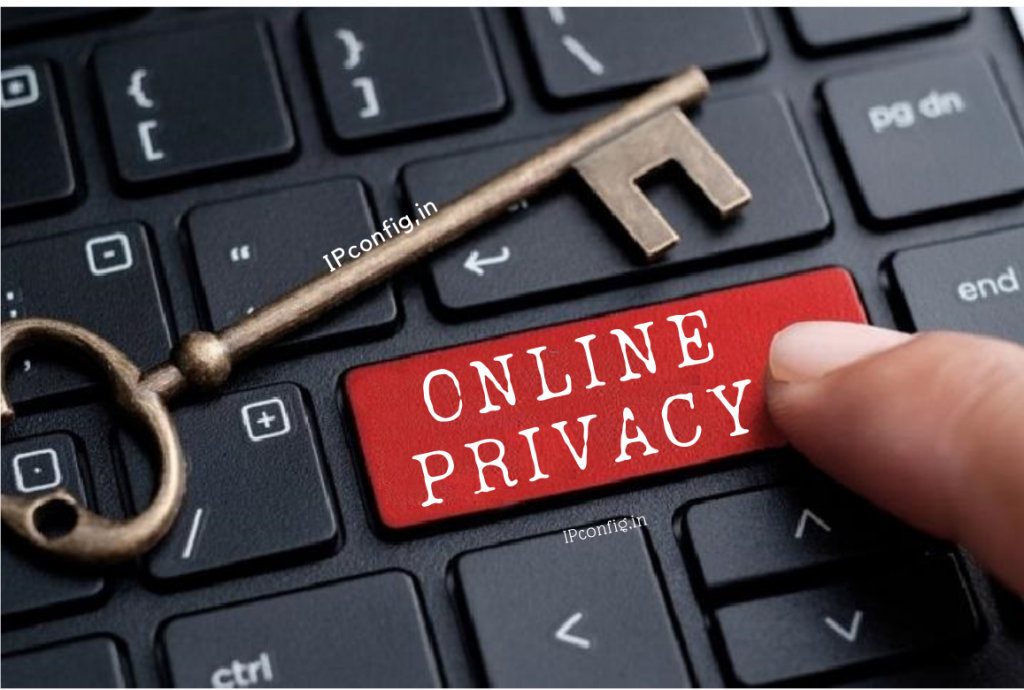 Many of us would like to know when someone mentions something positive or negative about us so we can respond. You can opt for email notifications when new information about you appears online.
Many of us would like to know when someone mentions something positive or negative about us so we can respond. You can opt for email notifications when new information about you appears online.
5. Google Alerts
Enter your full name in quotations (e.g. “Michael Poh” and other variations (e.g. Michael P., M. Poh) under Search Query. You can set the type of websites it should search (news, videos, discussion groups, or anywhere else) and how frequently it should be done (e.g., how often it is run, every day, or as often as you like).
You should also keep in mind that others may have the same name you do. The results might not be about you. Therefore, you will need to go through the results and determine which ones refer to you.
What to do Next?
 If you discover sites that post your personal information, please let us know.
If you discover sites that post your personal information, please let us know.
1. Contact the site owners for the content to be removed. Google does not have any control over the content webmasters place on their sites. You must contact the site owner to resolve the issue.
2. You can still see the content in Google’s search results if you have successfully gotten the webmaster to remove it. To do this, log in to Google and submit a removal request using the Google public URL Removal tool.
3. Request Google to remove the page with your information from the search results if the webmaster is not responsive or unwilling to do so.
However, such a request to be removed is not guaranteed as it is bound by Google’s Removal Policies. If you need to delete some content from Google’s search engine, please refer to the instructions.
5. Keep Up-to-Date with Privacy Policies
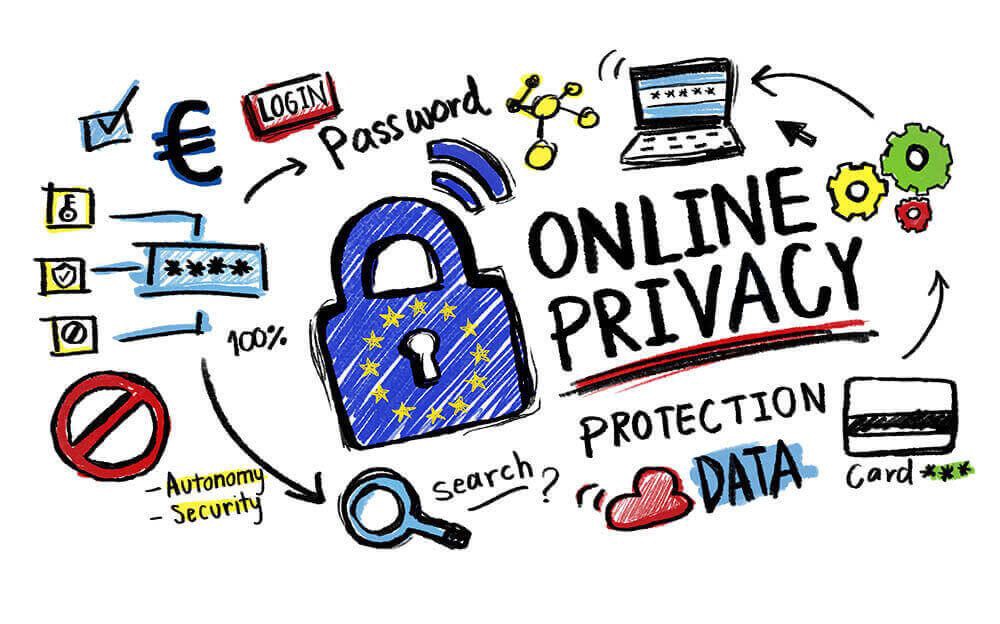 Many websites have privacy policies that inform visitors about what information is collected from their computers and to whom they will share it. These policies are often long and full of jargon so people don’t actually read them.
Many websites have privacy policies that inform visitors about what information is collected from their computers and to whom they will share it. These policies are often long and full of jargon so people don’t actually read them.
Many users mistakenly believe that having a privacy statement on a website is the same as having your privacy protected.
The truth is that a website has a privacy policy because they want to be clear about how far they will go to protect users’ privacy.
There are many Reading Materials Available
A fascinating and informative study by McDonald’s & Cranor was conducted in 2008. It found that Americans spend an astounding 244 hours per year to read privacy policies word for word, and 154 hours to just skim through them. It is impossible for anyone to read all policies on every site they visit.
We suggest that you at least review the policies of any sites where you buy products online. This applies to social media and any other sites you frequent or consider joining.
 We won’t see any attempts to simplify privacy policies until we do.
We won’t see any attempts to simplify privacy policies until we do.
Until then, we can only go through the documents briefly and carefully read the fine print.
also keeps you up-to-date with changes to your memberships to social media sites such as Facebook. (Facebook is especially known for making frequent changes to its privacy policies).
What Should You Be Looking Out for?
Dr. Ann Cavoukian (Ontario’s Information and Privacy Commissioner) suggests that you consider the five
 W’s as part of your privacy considerations:
W’s as part of your privacy considerations:
- who wants It and Who Will Have Access to It?
- Why does it matter?
- Where will it be used?
- Where will your information be kept?
- How will your data be used? When will it be deleted?
If you find sites that have privacy policies that you disagree with, you should ask yourself whether you really need it. If you feel that you cannot live without it, the rule of thumb is to be conservative about what you reveal.
6. Instead of Google, Use StartPage
 You might still be concerned about Google tracking you and creating a profile for your online activities, even if you use web proxy sites. Try the Netherlands-based StartPage.
You might still be concerned about Google tracking you and creating a profile for your online activities, even if you use web proxy sites. Try the Netherlands-based StartPage.
It works the same way as Google’s search engine. However, StartPage’s privacy statement states that it doesn’t track IP addresses and does not track searches. It receives search results from Google but acts as an intermediary for you and Google, so you can remain anonymous.
You can also download the Search app to your iPhone, iPod Touch, or iPad running iOS 4.3 or later. The Android version of the app is in development.
7. Checking in
Frequent check-ins can put your privacy online and offline and make you a target for stalkers. Foursquare, RunKeeper, and Facebook offer location-based services that let you show where you are at any given time.
Another way to look at it is that someone else can get a rough idea of your general schedule based on the data collected from your habitual check-ins.
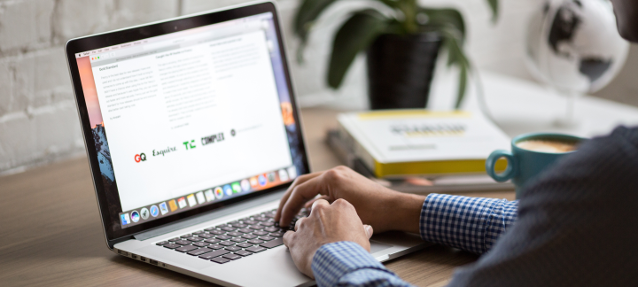 It is easy to add 2 and 2 to your address and work out when is the best time to enter your home.
It is easy to add 2 and 2 to your address and work out when is the best time to enter your home.
While social media and networks allow people to share information about themselves with their peers via social media, there needs to be a clear distinction between privacy and safety and the need to feel connected and part of a community.
8. Revealing Location Info
Sometimes, however, it’s impossible to avoid it. Location-based apps services use GeoTagging which tracks your location via the Global Positioning System.
This “feature” is an integral part of many digital devices. It’s also included in the photos you take with your GPS-enabled device.
 You can capture your location data as well as other details such as date, time, and camera settings in the EXIF data (Exchangeable Images File) that is stored with the image.
You can capture your location data as well as other details such as date, time, and camera settings in the EXIF data (Exchangeable Images File) that is stored with the image.
You can check the GPS coordinates for the location of the photos by opening the Properties app on your smartphone. You can find the exact location of the photos by entering the numbers into Google Maps.
Information That is not Embedded
Strangers can download these images if they are uploaded to photo-sharing websites like Flickr, Photobucket, or Facebook. Yes, they include the properties, time stamps, and location information. To prevent your location from being tagged, disable GPS on the device or the camera application.
9. Be aware of Wi-Fi Hotspots That are Open to All
 If we was you, we wouldn’t connect so quickly to open Wi-Fi hotspots. Open Wi-Fi hotspots in public areas are without encryption by default. This means anyone within range of you can access any data you send online like your passwords and bank accounts.
If we was you, we wouldn’t connect so quickly to open Wi-Fi hotspots. Open Wi-Fi hotspots in public areas are without encryption by default. This means anyone within range of you can access any data you send online like your passwords and bank accounts.
This problem is worse if you use the same passwords to all your online accounts. The hacker will only need to see that you log into one account in order to gain access to the rest.
Avoiding connecting to unsecured public Wi-Fi connections in public places such as libraries, cafes, and hotels is the best way to prevent this. First, you don’t know if the connection is legitimate. Some hackers have set up hotspots that look similar. As we mentioned above, your privacy and online security are severely compromised.
Thank you!
Join us on social networks!
See you!

